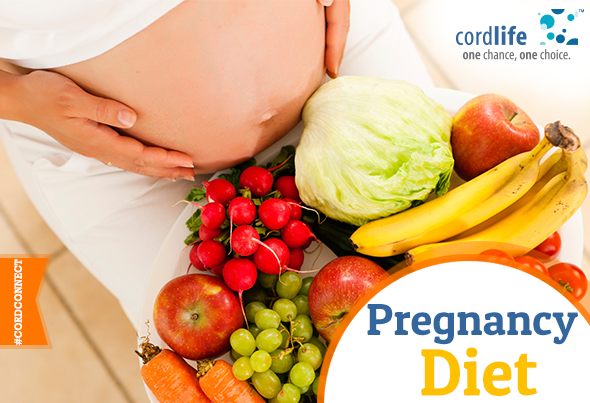Table of Contents
An expectant mother is constantly reminded to eat well, because she is “eating for two”. This is partly true: the mother does provide nourishment to her child from her body. But she need not eat double her normal portions of food. At best, the pregnancy diet may include about 300 calories more than the usual intake, half of which is consumed by the baby.
Pregnant women are advised to eat all the food groups, but their nutrition must come via fruits, vegetables, whole grains and good fats. However, some nutrients are to be included in the pregnancy diet no matter what. The good news is, these can be obtained from various plant and animal sources. They include:
Calcium: The pregnant woman and her baby need to develop their bones. Calcium is a key ingredient in achieving this goal. It is also great for developing the nervous and circulatory systems. It tends to induce feelings of calmness, which is essential for the mother. Calcium is best derived from milk, cheese, unsalted butter, paneer, yoghurt, green leafy vegetables and oranges.
Vitamin D: Vitamin D is needed for your baby’s strong bones. An expectant woman can get her daily Vitamin D fix by taking a walk in the soft morning sunlight for half an hour. As regards food sources, Vitamin D can be consumed via boiled eggs, orange juice, a glass of milk and steamed oily fish.
Protein: Protein is crucial for the baby’s mental and physical development. Expectant women must take care to include protein in their daily diet during the second trimester onward. There are many sources of protein. The mother must have a glass of unsweetened milk twice a day, or eat egg whites in fresh vegetable salad once a day. Additionally, protein can be consumed via boiled chicken, fish, paneer and peanut butter.
Folic acid: This is a type of Vitamin B that helps prevent defects in the baby’s brain and spinal cord. It is responsible for keeping the baby’s nervous system in good condition. The doctor will prescribe folic acid tablets in the pre-natal vitamins daily dosage. The mother can also get folic acid from leafy green vegetables (steamed are best), brown breads, wheat rotis and whole wheat pastas. Oranges and limes are good fruit sources of folic acid.
Iron: The mother’s blood may become deficient in iron as her blood volume expands for the baby. An iron deficiency during pregnancy can make the woman anaemic and harm the baby’s growth. It can also lead to complications during delivery or a premature birth. Good sources of iron are red meat and fish. Vegetarians can get iron from beans, green vegetables like spinach and cereals.
What is important to remember is that apart from including these nutrients, the pregnancy diet must be cooked in less oil, less salt and less sugar. It is advisable to consume raw fruit and vegetables daily. While it is okay to give in to a craving for sweet treats occasionally, the woman must stay away from junk food, smoking and alcohol during pregnancy at all costs.
